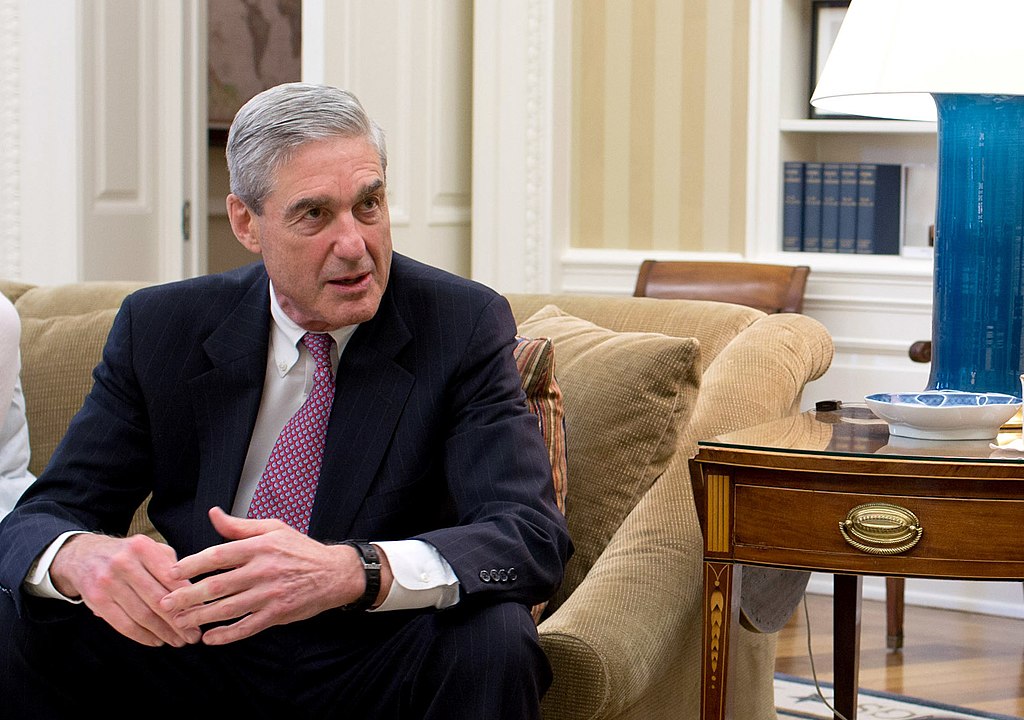A few days ago disturbing poll findings were released indicating that almost 60% of Americans were unaware that the Mueller investigation had led to evidence of criminal wrongdoing. That’s seriously problematic on many levels: there’s nothing short of an avalanche of stories across all news platforms about the Mueller probe, and even consumers of biased conservative propaganda sources will be vaguely aware of the indictments against Trump campaign figures like Paul Manafort and George Papadopoulos.
This means that somehow Americans are reading about and watching the arguments over the collusion and obstruction investigation without comprehending the key facts in the case: that multiple high-level Trump campaign associate have already been charged with wrongdoing, with some of them having pleaded guilty and turned state’s witness. How is this possible?
Well, one simple explanation is that the story has too many threads to keep them all in mind, and that many people may have just missed some elements of the story, or failed to read all the headlines when some of the indictments broke–and they haven’t been reminded of it since. Examine any given news article about the Mueller probe, and see whether it mentions the names Flynn, Manafort, Papadopoulos or Gates. Chances are it does not.
Humans interpret and contextualize events as narrative, and news figures as characters in an ongoing drama. We are currently in a golden age of television drama, where viewers are religiously following multiple complex and sprawling stories featuring dozens of interlocking characters from Westworld to Game of Thrones to The Walking Dead. Even Disney film universes from the Marvel superheroes to Star Wars are organized episodically such that understanding any one movie and its characters requires a backstory understanding of several previous films and their own narrative arcs. How do people keep it all straight?
Well, TV showrunners don’t expect it. They offer guideposts in the form of short 2-minute “Previously On” recaps that remind the viewer of the relevant events. Each new season provides a recap of the previous one, reminding us of the central events. Our most elite storytellers depend on these tools to keep their audiences abreast of the necessary information.
There is no such thing in journalism. In modern media, each outlet strives to the very first by minutes or even seconds to report some small new piece of information. Lots of people analyze and provide opinion on the new information that comes to light. Journalists will provide a few paragraphs of immediate background on the news item just for immediate clarity’s sake, but a reader who hasn’t been following all the twists and turns will still likely be lost. Explainer journalism is helpful, but it tends to take deep dives on a particular subject, less to recap the sum of what is known about a story and reframe it in a narrative arc.
It may well be that what we need most in journalism today is precisely this sort of truthful storytelling by way of recapping old but still relevant news. News junkies may find it superfluous in same way that avid fans of a TV show may hate the “previously on” segments as unnecessary given their level of knowledge. But it’s not the junkies but the average citizen that the general news media most needs to serve, just as revisiting relevant old episodes of Game of Thrones is necessary to keep most casual viewers from unnecessary confusion.
In terms of the Mueller probe, TV and print journalism would do well every so often to provide an at-a-glance summary of the story. Understanding the history of what Russia and Wikileaks did and when, what Trump and his associates are known to have done and when, and which Trump associates have already been indicted for what, would go farther toward inoculating the public against the President’s latest twitter tirades than merely calling them untruthful.
If the press’ job is to keep the public informed of the political narrative, they could do worse than learning from the techniques used by the writers of our most complex fictional narratives to help keep audiences on track.



